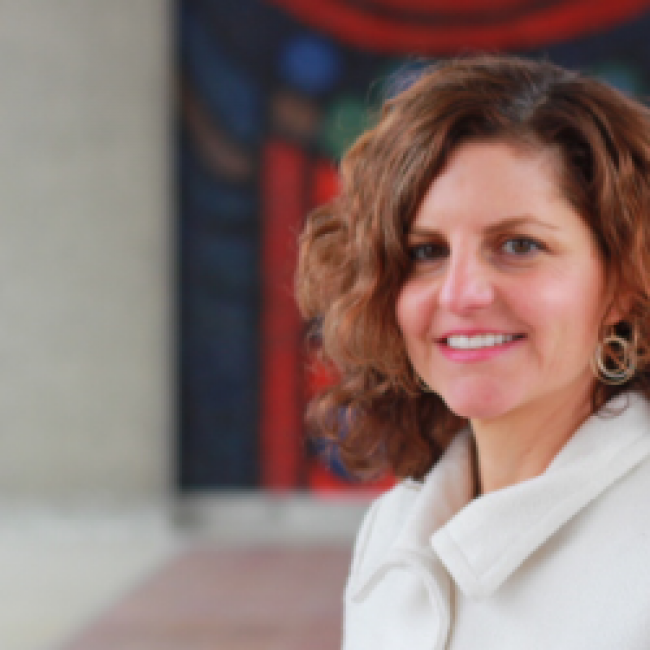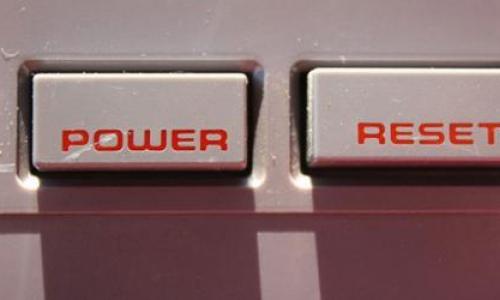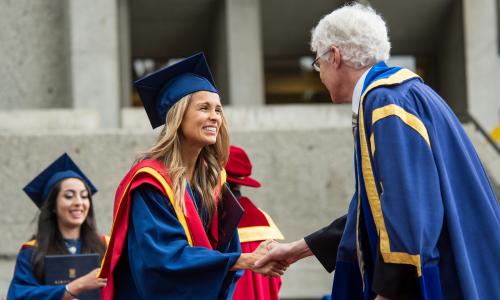
In Step One you learned how to create a list of 40 employers and rank them so that your most important and promising employers were in the top 5. In Step Two you discovered how to contact them and ask for an Information Interview. Now in Step 3, you’ll find out what an Information Interview is and what to do before, during, and after your meeting together.
What is an Information Interview?
An Information Interview is a 15-20 minute meeting that gives you an opportunity to ask questions about a particular type of job, career field, industry or company. To achieve maximum benefit out of the interview (i.e. a job in the not too distant future or a referral), your main goal must be to build rapport with your contact. Your contact is much more likely to offer help if he genuinely likes and trusts you and therefore structuring your interview to be more about them and less about you is the way to go. With this in mind here are tips on what to do before, during, and after the Information Interview.
Before the Interview
The first step to building an ally in your job search is to come prepared. That means doing research on the company and field in which you are interested. Start with the company web site and pay special attention to the front page and media section as this is where the most up to date information will be on new business, product launches, recent mergers, etc. You may also want to seek out any negative press on the company or your contact by doing a Google search. This is information you wouldn’t necessarily bring up during your meeting but it is good to be aware of everything that is going on with the company so you are not caught off guard should the conversation lead into this territory.
In addition to conducting a “professional search” for information, also seek out personal information on your contact for ideas on what activities the employer might be involved in outside of work. Discovering a shared passion for a similar activity is an excellent way to build rapport. Perhaps your contact has an open Facebook account and you learn he is an avid sailor. If you also like to sail now you can figure out a way to mention this during your conversation. A good time to bring this up might be at the initial small talk stage if the employer asks what you did over the weekend, or if they ask you to “tell me about yourself” you can end your answer by saying you enjoy sailing on the weekends. A word of caution: while it may be appropriate to mention to the employer you found information about him on the company web site, his LinkedIn Profile or from an interview in a magazine, it is not appropriate to say you found details about him on a personal blog, Facebook account, or other nonprofessional media forum.
In addition to preparing your list of questions for the interview (see next section on what to ask), you also want to bring a note pad, pen and business cards (if you have them). Take a copy of your resume too but only offer it if your contact asks to see it.
During the Interview
In the 2-Hour Job Search, Steve Dalton lays out a systematic approach to conducting the interview that will help you build rapport while gathering useful information. His approach is called TIARA. Dalton advises that your questions be open-ended, designed to be answered in 2 minutes or less and slowly move your target from stranger to advocate. Here briefly is what TIARA stands for and a sample question to give you an idea of what he’s talking about:
T – Trends
Sample question: What trends are impacting your business right now?
This question is an effective opener that allows your contact to think and reflect while not being too tricky. In addition, the answer you receive will most likely be a thoughtful one instead of something that can be answered without much thought, such as, “What’s a typical day like for you?”
I – Insights
Sample question: What have you enjoyed the most in your job?
This question is similar to the Trends question but is getting more personal, which is what you want as you continue to build rapport.
A – Advice
Sample question: What would you recommend to someone like me who is looking to enter a field such as yours after graduation?
By now you’ve developed some rapport with your contact and therefore your questions will begin to reflect the mentorship relationship you are creating.
R – Resources
Sample question: What associations would you recommend I join?
This is an important part of the interview as here is where you can judge how much of an advocate you have found in your contact. For example, if he gives you a referral to someone else you should talk to you can assume you’ve successfully built rapport and inspired trust in your contact. If a referral is not forthcoming but you receive good recommendations for resources this is great too, and there is always time to follow up about referrals after the interview.
A – Assignments
Sample question: What projects have you done for your employer that you felt added the most value?
By this point in the interview, you will have built a rapport with your contact and now your questions can be a bit more about you. The assignment questions give you an idea of what projects or skills your target company is looking for. Depending on the answer you may have a chance to jump in and say, “Oh, I did something similar in my last job". At any rate, you will be gathering important information for your job search with this company or industry.
15 to 20 minutes goes fast and after 5-8 questions you’ll be at the end of your meeting. If your contact gave you a referral – great – set up a meeting with the referral and make sure to keep your initial contact in the loop about any progress you make. If you don’t get a referral then there is still time to get one in the follow up you’ll do after the interview.
After the Interview
Always send a short thank-you note or email within 24-48 hours of your meeting. If you received the contact from a friend or other connection make sure to thank him as well and let him know what happened in the meeting. Good manners and gratitude go a long way in helping you achieve your career goals.
In addition to your thank-you note, you’ll want to be systematic about future contact. Set up a reminder in your calendar one month after your interview to remind yourself to send a short email, thanking him again, mentioning some of what you talked about in your meeting and asking for further suggestions or advice. The email should be short and to the point and is designed to keep the mentorship relationship alive. This email might also be a good time to ask for the referral you didn’t get during the initial meeting. You’ll have to figure out what favours feel right to ask based on how the relationship progresses.
Future follow-ups will be even shorter and consist of updates on your status (i.e. that you’ve graduated, joined the association he recommended or read the book he suggested) and requests for further advice he might have or referrals to other contacts. If your contact continues to respond to your emails then you continue to reach out periodically. If he stops responding then you know not to waste any more time and drop him from your list of contacts. This is a relatively painless way to stay in touch while you are moving further down your LAMP list.
Following the suggestions in the Three Steps to Getting a Job after Graduation will hopefully lead to more contacts in your field and closer to your dream job in this tight job market.
Beyond the Blog
-
Check out the Interview Question Database, to help you get prepared for your upcoming interview!




















